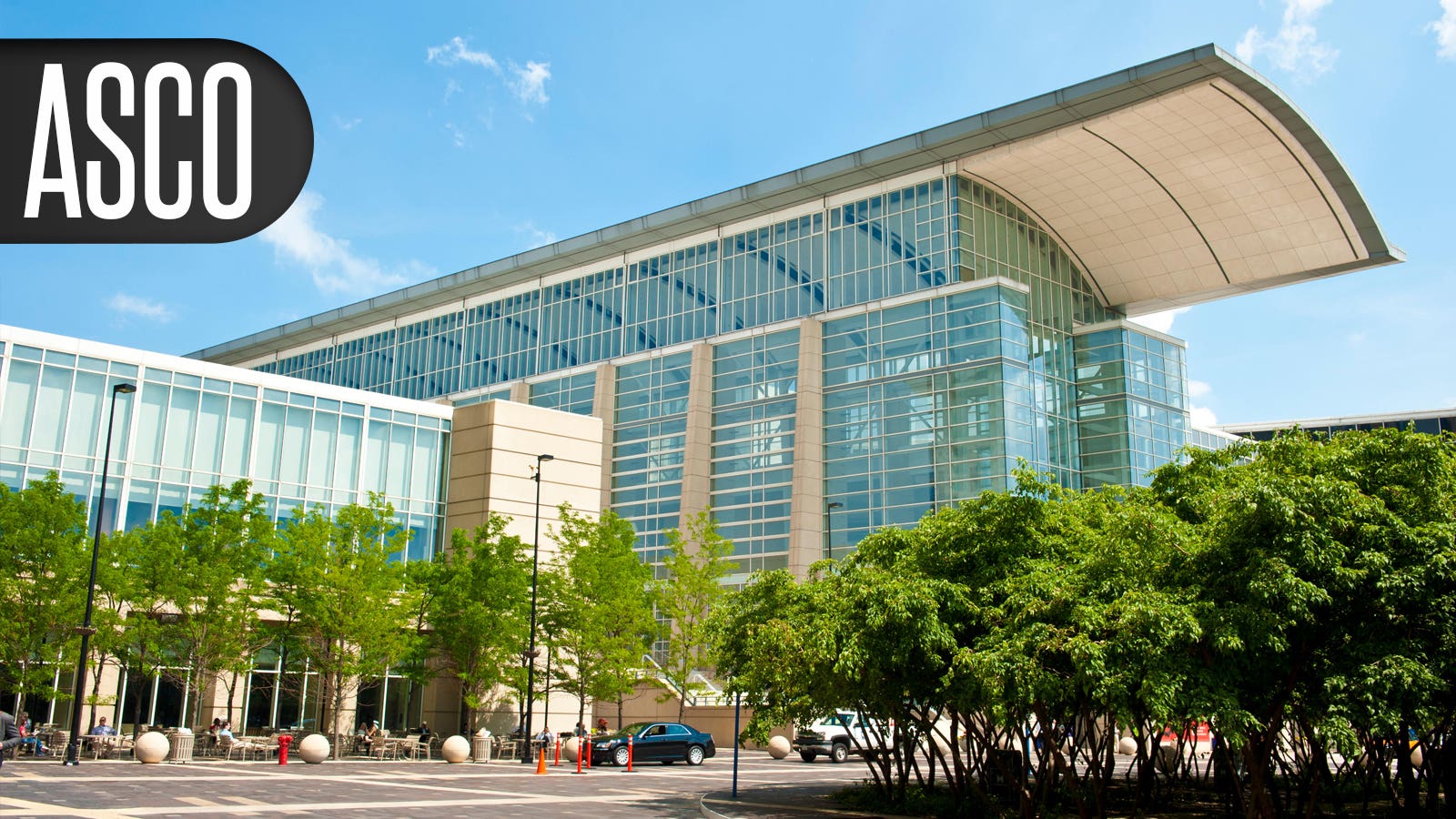questionmarker
Full Member
- Joined
- Sep 2, 2022
- Messages
- 13
- Reaction score
- 6
Hi all,
I'm a current radiology resident who is having huuuuge career doubts. I didn't really do a formal rads rotation in residency but ended up being indecisive and settling on DR last second. Now that I'm doing it I feel miserable every day and am deeply unsatisfied with my choice.
I'm a long time lurker on this sub and I actually did undergraduate research in radiation oncology so I have some experience in the field. I really do love the cutting edge aspect of the field, the patient care (miss this the most) and obviously the lifestyle is quite desirable. I read scans for currently treated patients every day and the RO docs seem so busy around here!
I know this sounds crazy but does anyone have any advice? I know the state of the job market is an absolute disaster but anything is better than what I'm going through now.
For reference, I didn't do a formal RO rotation but I was a competitive applicant in the 2021 match (265+ step 1, 15 plus publications mostly in rads, top 10 MD school). My thought was that if I attended a top tier academic program, that might obviate a tiny bit of the concern re: job market. I'm not *that* picky with location.
Thanks so much for all your help.
I'm a current radiology resident who is having huuuuge career doubts. I didn't really do a formal rads rotation in residency but ended up being indecisive and settling on DR last second. Now that I'm doing it I feel miserable every day and am deeply unsatisfied with my choice.
I'm a long time lurker on this sub and I actually did undergraduate research in radiation oncology so I have some experience in the field. I really do love the cutting edge aspect of the field, the patient care (miss this the most) and obviously the lifestyle is quite desirable. I read scans for currently treated patients every day and the RO docs seem so busy around here!
I know this sounds crazy but does anyone have any advice? I know the state of the job market is an absolute disaster but anything is better than what I'm going through now.
For reference, I didn't do a formal RO rotation but I was a competitive applicant in the 2021 match (265+ step 1, 15 plus publications mostly in rads, top 10 MD school). My thought was that if I attended a top tier academic program, that might obviate a tiny bit of the concern re: job market. I'm not *that* picky with location.
Thanks so much for all your help.
Last edited:



